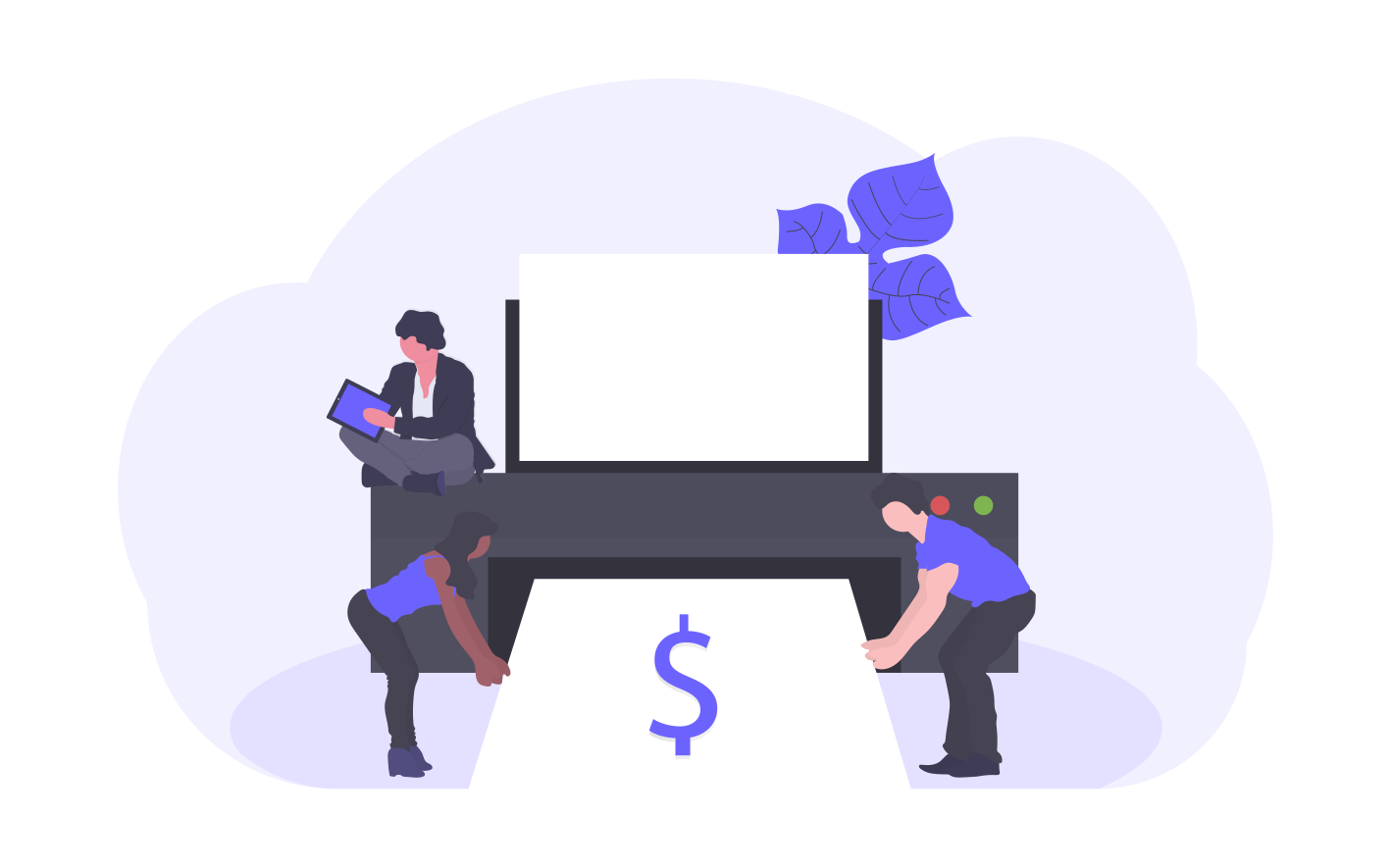In the digital age, personalization has moved from a nice-to-have feature to a critical component of successful online business strategies. Personalizing website content involves tailoring the user experience based on individual user behaviors, preferences, and demographics. This blog delves into the economic benefits of personalizing website content, highlighting how it can drive growth and increase revenue for businesses.
1. Enhanced User Engagement
Personalized content significantly enhances user engagement by providing relevant and timely information. When users feel that a website is speaking directly to their needs and interests, they are more likely to spend time exploring it. Increased engagement often translates to lower bounce rates and higher session durations, which are critical metrics for search engine optimization (SEO). Improved SEO leads to higher organic search rankings, driving more traffic to the website and, ultimately, increasing potential revenue.
2. Higher Conversion Rates
Personalization plays a crucial role in boosting conversion rates. By presenting users with content, products, or services that align with their interests and previous interactions, businesses can guide users down the sales funnel more effectively. For instance, personalized product recommendations can increase the likelihood of a purchase. Data-driven personalization ensures that users are shown the most relevant offers, making them more likely to convert from visitors to customers.
3. Increased Average Order Value (AOV)
Personalized recommendations can also lead to an increase in the average order value (AOV). When users receive suggestions for complementary products or higher-value alternatives based on their browsing history or purchase patterns, they are more likely to add those items to their cart. This upselling and cross-selling strategy, driven by personalization, can significantly boost overall revenue per customer.
4. Improved Customer Loyalty and Retention
Personalization fosters a sense of connection and loyalty among customers. When users receive content that resonates with their preferences and needs, they are more likely to return to the website. Loyalty programs that leverage personalized content—such as tailored offers, exclusive discounts, and personalized rewards—can enhance customer retention rates. Repeat customers are often more valuable than new ones, as they tend to spend more and are cheaper to retain than to acquire new customers.
5. Better Customer Insights
Implementing personalization strategies requires collecting and analyzing customer data. This process provides businesses with valuable insights into customer behavior, preferences, and trends. These insights can inform future marketing strategies, product development, and overall business decisions. Understanding customer needs at a granular level allows businesses to anticipate trends and adapt more quickly to market changes, providing a competitive edge.
6. Reduced Marketing Costs
Personalized marketing is more efficient than broad, one-size-fits-all campaigns. By targeting specific segments with tailored messages, businesses can reduce wastage and improve the return on investment (ROI) for their marketing spend. Personalized email campaigns, for example, often have higher open and click-through rates compared to generic ones. This efficiency not only reduces marketing costs but also enhances the effectiveness of marketing efforts.
7. Enhanced Customer Experience
A personalized website enhances the overall customer experience by making interactions more relevant and enjoyable. A positive experience increases the likelihood of word-of-mouth referrals and positive reviews, which can attract new customers. Satisfied customers are more likely to become brand advocates, promoting the business to their networks and driving organic growth.
8. Competitive Advantage
In a crowded market, personalization can set a business apart from its competitors. Offering a tailored user experience can be a key differentiator that attracts and retains customers. Businesses that leverage advanced personalization technologies can gain a significant competitive advantage, positioning themselves as leaders in customer experience and innovation.
Conclusion
The economic benefits of personalizing website content are substantial. From enhanced user engagement and higher conversion rates to increased customer loyalty and reduced marketing costs, personalization drives significant value for businesses. By investing in personalization strategies and technologies, businesses can not only improve their bottom line but also build stronger, more lasting relationships with their customers.
